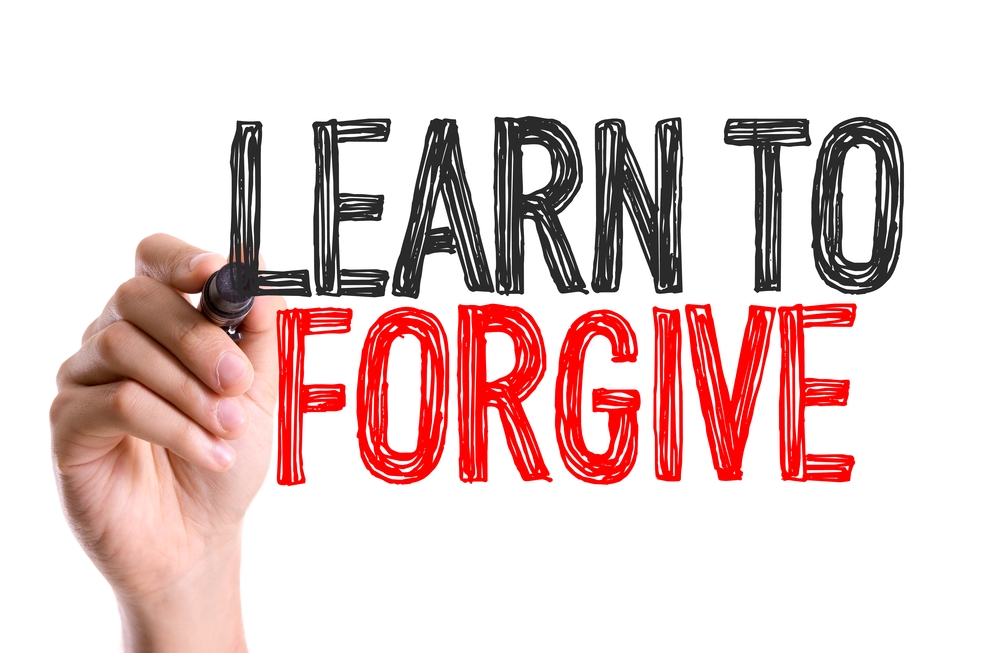The very first step we need to take on during the pursuit of happiness is to on the path that involves taking personal responsibility. Taking personal responsibility directly implies to not blaming others for your unhappiness.
It also involves in finding ways in which one can be happy despite others’ behaviors and despite the external circumstances.
A person who has taken personal responsibility understands the crucial fact about happiness that our happiness depends much more on our attitude than it does on objective and external circumstances.
THIS ARGUMENT RAISES TWO VALID QUESTIONS.
- Does this mean that one can be happy no matter what the external circumstances?
- Can one be happy despite intense physical or psychological pain?
Theoretically, it is possible to be happy no matter what the external circumstance. Because one’s emotional state is a function of how one interprets events, rather than what actually happened. Happyho also provide best tarot reading services in Noida and Delhi NCR India area.
When we interpret our negative boss as an obstacle, we feel angry and frustrated.
if, in contrast, we view our boss as “exactly what we need in order to become a better person,” we experience a sense of calmness, perhaps even gratitude.
Of course, most of us do not believe that we can be happy no matter what the external circumstances are. Our concern should be could we be happy even if we break a bone or lose our job?
In fact we should be asking questions about milder situations in our lives. we should be asking ourselves if we can be happy given the types of negative events that routinely occur in our lives.
In other words we need to be asking if we can be happy despite being late for an important interview. Or can we be happy in spite of it being a gloomy extremely hot day.
Why is asking yourself whether you can be happy in extremely negative circumstances the wrong question?
Because, by asking such a question, we undermine the confidence we need to develop the ability to be happy under all circumstances. Those of us who haven’t developed the ability to interpret moderately negative events in a happiness-enhancing fashion cannot imagine being happy in extremely negative circumstances.
Unless we have developed the ability to control our emotional response to milder negativities we can not control it for bigger happenings .
In nutshell just because we currently lack the ability to maintain emotional positivity in the face of extremely negative events doesn’t mean the key to our happiness does not lie in our hands. Rather, it means that presently we don’t possess sufficient control over our mind to feel happy regardless of the circumstances.
One may ultimately desire to be like Gandhi or Jesus, but we can’t get there overnight
A critical element in developing mental control is a willingness to accept. If we cannot fully accept our outcomes; for example, the presence of a toxic boss, or poor health, we will not be able to interpret these outcomes in a positive light, and hence, we cannot be happy.
Ultimately taking personal responsibility for our own happiness involves adopting a “surrender mindset”, which refers to the willingness to fully and unquestioningly accept the outcomes you are dealt in life.
But how can one develop this surrender mindset?
Individuals with a surrender mindset are not weak or rudderless but they do have desires and goals and pursue them. However, whereas the rest of us cling to our desires with feverish desperation, a person with the surrender mindset does not. Thus, a person with the surrender mindset may dream of breaking the world record in the 100-meter dash, but if he were to discover a physical condition that prevents him from achieving this dream, he will be able to discard his dream, and move on to other goals without hesitation.
The most effective way to develop the surrender mindset involves faith in a larger intelligence or force.
Specifically, those who believe that there is force larger than oneself, and that this force is benign, will find it easier to surrender. The reason for this is straightforward: if you believe that the Universe is shaped by a force more powerful than you, and that this force has your best interests at heart, then you will find it much easier to make peace with the outcomes you are dealt.
Ultimately then, surrendering has to do with trust. Just as trusting the people with whom you interact on a day-to-day basis is indispensible for being happy, so it seems that trusting that the Universe is taking care of you is crucial for being happy too.
This may be one reason why findings repeatedly show that religious people are, on average, significantly happier. Developing the surrender mindset, however, doesn’t mean you need to become religious. One can entertain the belief in a benign Universe without subscribing to any other religious tenet.
So, the logical thing to do, if you want to take personal responsibility for your own happiness, is to do something that might sound illogical: to have faith and adopt the surrender mindset.





